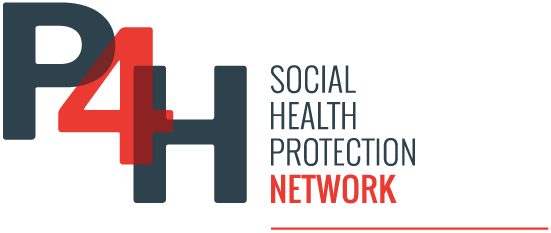Catching up with the constitution: An analysis of national health insurance in South Africa post-apartheid
In 2019, the government of South Africa passed the national health insurance (NHI) bill, reviving a debate as to whether social health insurance could be effectively implemented in the country. In this article, the author discusses the development process of the NHI...

South African government increases funding to the fight against COVID-19
The government of South Africa, in May 2021 committed an extra R4 billion to procure (over 260 million USD) COVID-19 vaccines and extend a special distress grant to thousands of people hit by the pandemic. The news was presented in a special appropriation bill tabled...

Additional EGP260 million allocated to healthcare in Egypt in FY2020/2021 due to COVID-19
Egypt approved raising allocations to the healthcare sector by EGP260 million (16.54 million USD) in current fiscal year 2020/2021 to increase hospitals' capacity of intensive care beds to 1,000 and introduce further 500 ventilators. There is a growth in public...

Institute for Research and Democratic Development (IREDD), Liberia, advocates for special budgetary support to health facilities against COVID-19
Matthias Yeanay, executive director of the IREDD, Liberia, has asked the government to appropriate a special budget for health facilities towards the coronavirus fight. IREDD collected data and assessed whether public health facilities across the country were...

Over 5 million citizens registered for Egypt’s new Universal Health Insurance System
Over five million Egyptian citizens have been registered for the country's Universal Health Insurance System in the governorates of the first phase, the cabinet's Information and Decision Support Centre said Saturday. The figures announced are around 85 percent...

Egyptian government inches toward vaccine-for-fee model with private sector
As the government in Egypt continues to vaccinate its population against COVID-19, plans to allow private healthcare companies to sell vaccinations are underway. During a meeting of the House of Representatives Complaints and Suggestions Committee on Monday,...
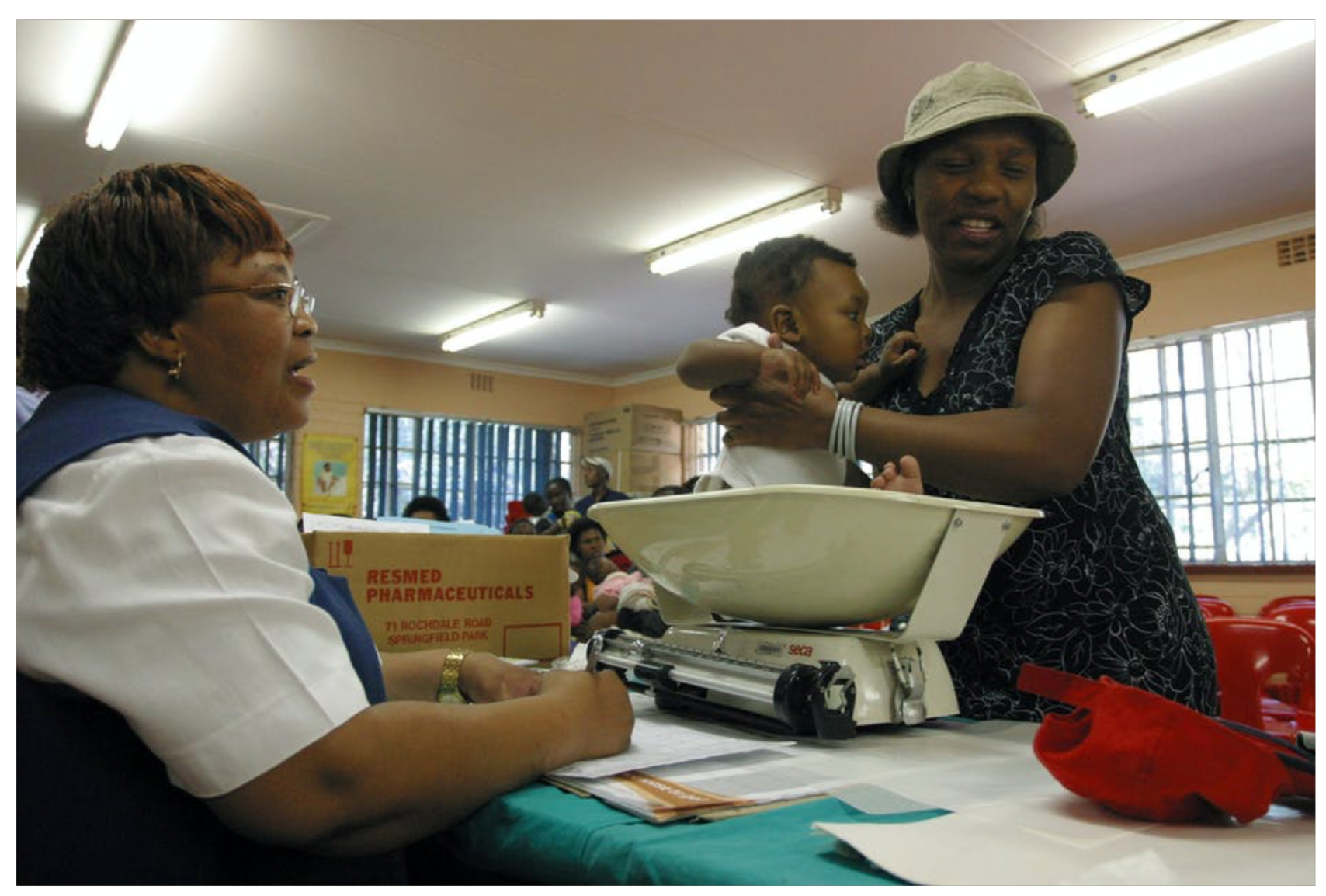
A new document is available on the South Africa’s country page
A new document has been uploaded on South Africa's country page. The document discusses the development process of the 2019 National Health Insurance (NHI) bill against the backdrop of the country’s political and social context. The document can be...
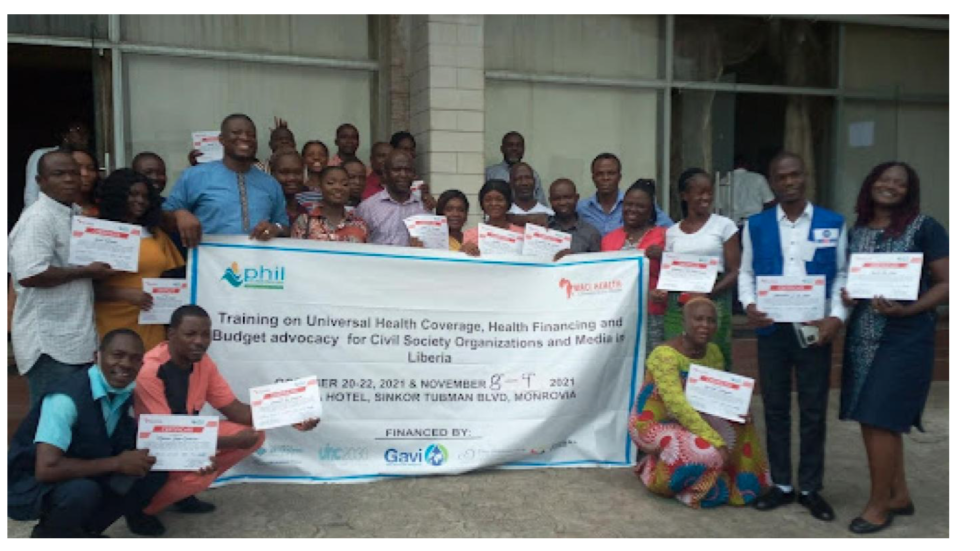
Civil society organisations, media ready to better Liberia’s health coverage and financing by 2030
Civil society organisations (CSOs) have a critical role in advocating for adequate domestic financing and resource mobilisation in Liberia. One such CSO is the Public Health Initiative Liberia (PHIL), a community health focus organization working to promote and...
Kick-off of the Planning, Financing and Strategic Investment Coordination Group
The new dialogue structure established in the health sector in Mozambique between MoH and partners includes 6 thematic working groups (Service Delivery, Planning, Financing and Strategic Investment (PFSI), Emergencies and public health, Logistics and Pharma,...
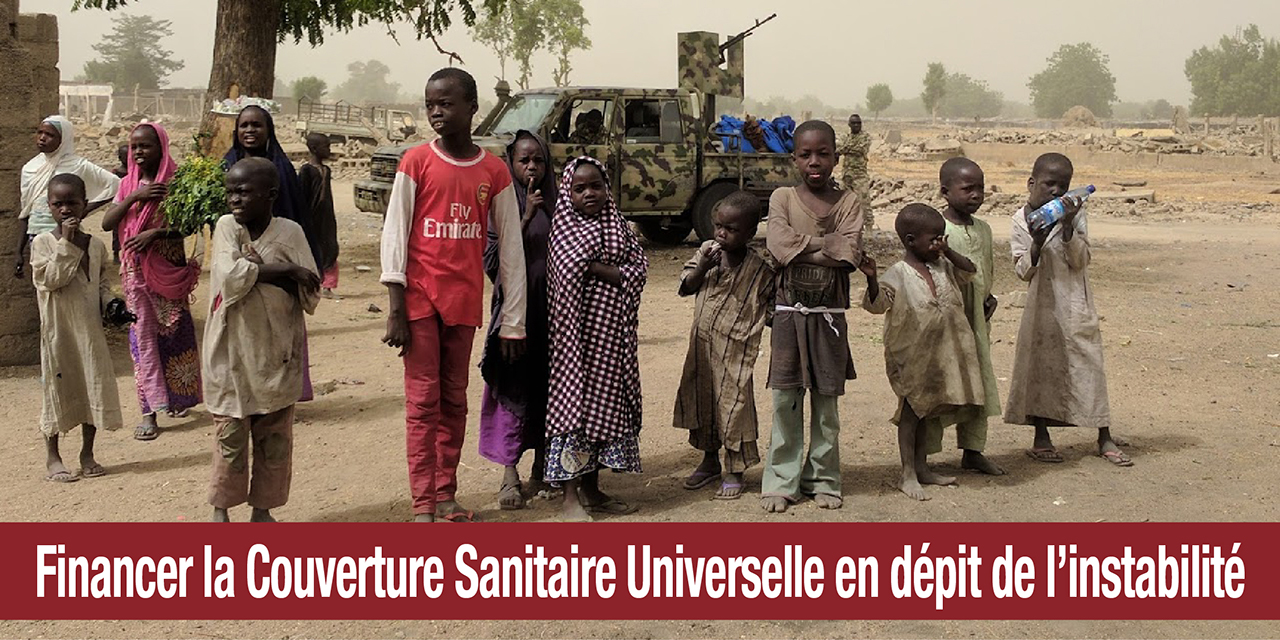
Financing Universal Health Coverage despite instability – a webinar organized by WHO and AFRAFRA
In many countries, instability is undermining the state's ability to exercise its sovereign functions and provide basic services to its population, to the point of undermining its legitimacy. These "fragile" situations raise major challenges for progress towards...
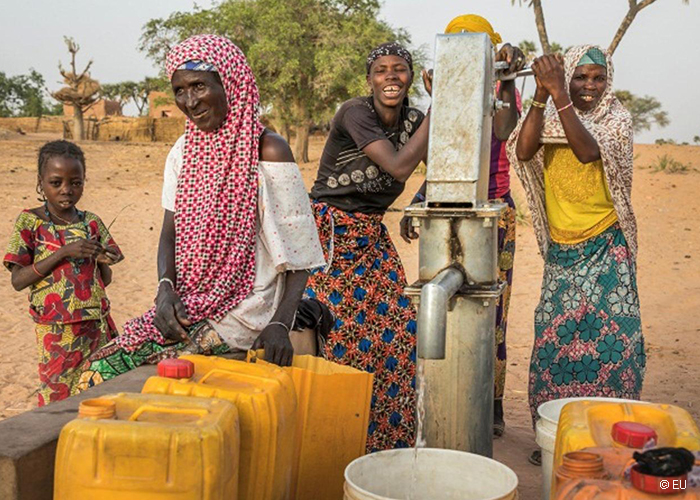
NIGER: FCFA 24.5 billion to strengthen resilience
The Minister of the Interior and Decentralization, Mr Hamadou Adamou Souley, presided over the official launch of the Niger-Chad Emergency Development Program (PDU) in Niamey on the morning of January 26. The aim of the program is to help improve living conditions and...
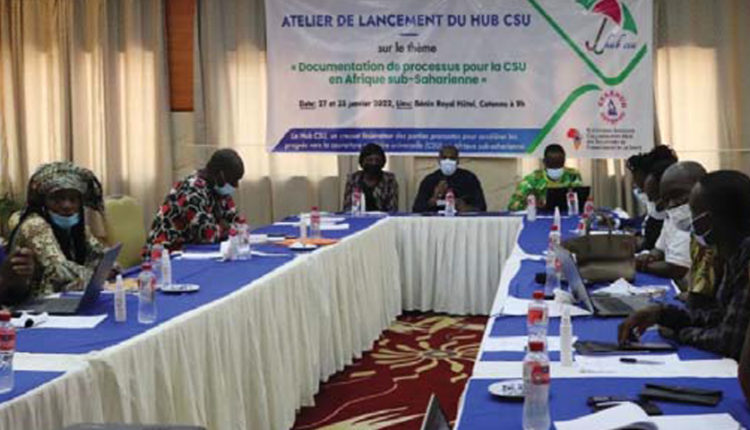
BENIN: Universal health coverage at the heart of a workshop in Cotonou
" Documentation de processus pour la Couverture sanitaire universelle (Csu) en Afrique sub-saharienne ". Experts are meeting in Cotonou to discuss this topic at a workshop organized by the Centre de recherche en reproduction humaine et en démographie...
National Health Accounts Estimates for India 2017-18
This report provides healthcare expenditures in India based on National Health Accounts Guidelines for India, 2016 (with refinements where required) that adhere to System of Health Accounts 2011 (SHA 2011), a global standard framework for producing health accounts....
Strategies for reducing expenditures in Iran’s health transformation plan: A qualitative study
Iran’s health transformation plan (HTP) came into force in 2014 to counter the increasing health care and out-of-pocket expenditure in the country. This study was conducted to investigate the direct increase in the expenditures of the Iranian health system in HTP. The...
Prevalence and intensity of catastrophic health care expenditures in Iran from 2008 to 2015: a study on Iranian household income and expenditure survey
The study estimates the prevalence and intensity of catastrophic health expenditure (CHE) in Iran as a valuable measure to monitor financial protection in health sector payments. It also investigates the main factors that influence the probability of CHE. This study...
